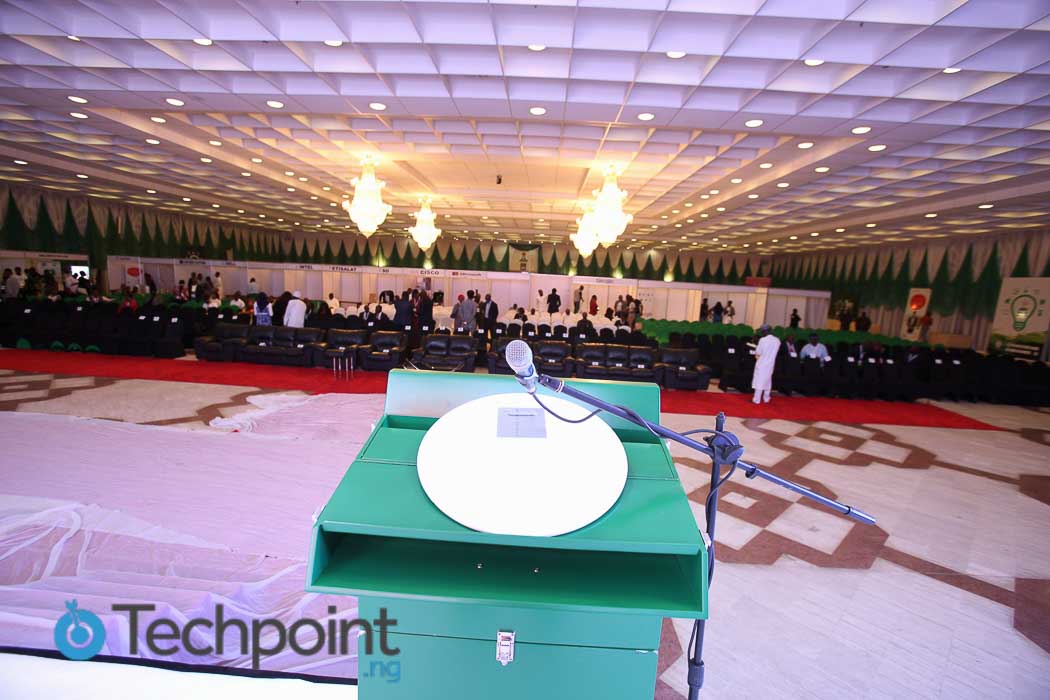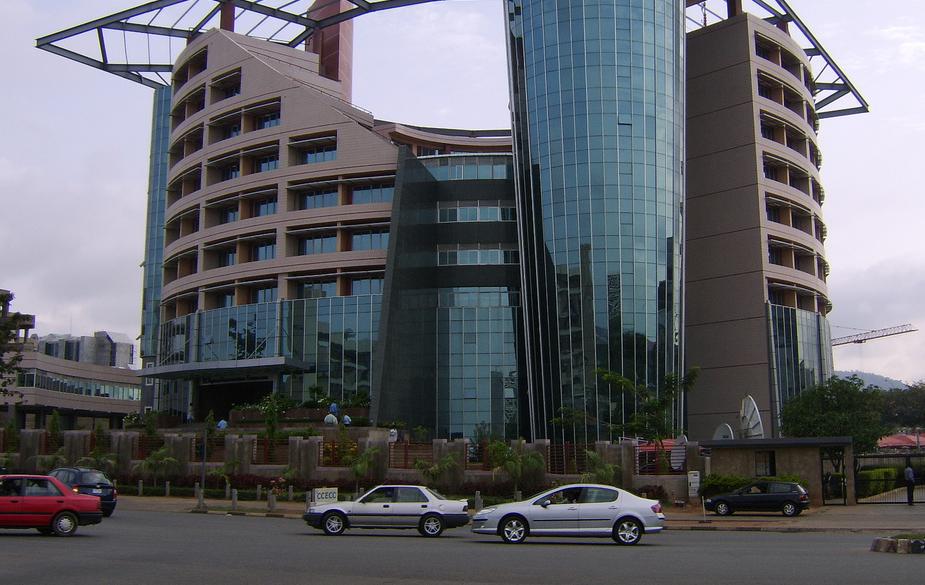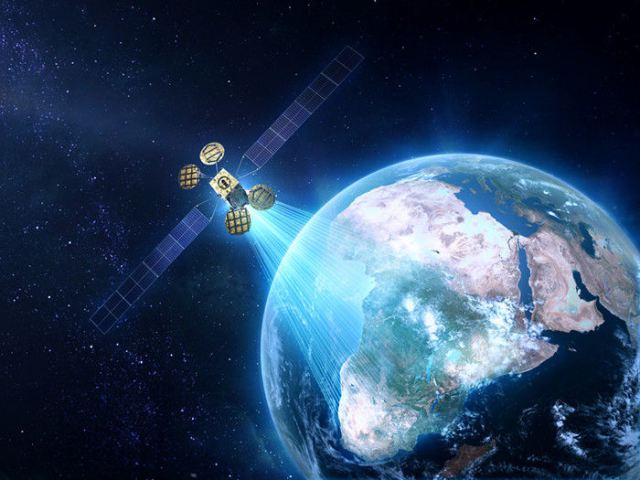The Aso Villa Demo Day (AVDD) took quite a controversial twist following the initial announcement. First, it was silence from the organisers and, then scepticism among participants.
However, all of that evaporated when the AVDD grand finale came. The event, tagged “The Unveiling”, was held at the Aso Villa Banquet Hall in Abuja. President Muhammadu Buhari, Vice President Yemi Osinbajo, ICT minister, Adebayo Shittu, and a couple of high-profile guests (Mark Zuckerberg included) graced the event.
While that was surely one event to be at, the significance of the occasion was most important. The AVDD, which is an initiative of the president Buhari administration, is aimed at celebrating and empowering promising and highly scalable indigenous technology-based startups that provide innovative solutions to local challenges.
Before close of event, the organizers stated clearly that the three winning startups, -- Shuttlers NG, Tracology and RecyclePoints -- would get a prize money of ₦3 million each.
However, on April 4, 2017, Financial Watch Nigeria reported that 81 startups who participated in the AVDD were granted a total amount of ₦756.3 million ($3 million) -- which seemed quite baffling as only 30 innovators emerged from the regional competition.
Another significant part of the report says the supposed funds came through the Growth and Employment (GEM) Project -- an initiative of the Federal Government, World Bank, and Department for International Development (DFID) to increase firms’ growth and employment in Nigeria.
AVDD is assumed to be solely controlled by the presidency. Although considering that the initial ₦3 million grant to the 3 winning startups was courtesy of Airtel, plus a much later additional ₦500, 000 each by Sahara group (bringing the total to ₦3.5 million each) there was little confidence that the new fund would have come from the presidency directly.
On the other hand, the World Bank funding AVDD seems quite a plausible option going by the organisation's primary ethos. However, capital programmes funded by the World Bank are known to usually come as loans. So this begs the question of what role the World Bank is playing as well as how the funds will be disbursed.
Mosope Olaosebikan, one of the key coordinators of the programme, sheds light on the extent of involvement of the World Bank.

Be the smartest in the room
Give it a try, you can unsubscribe anytime. Privacy Policy.
“When there was a call on how we could go further to support them (the startups), we reached out to World Bank," he explains, "The World Bank through GEM said they have some funds they could extend to the AVDD participants.”
“We needed to conduct another independent process of selection but they (World Bank) wanted to work with AVDD's existing database. So all they requested from us was the document of the entire process for AVDD, including a database of all the guys (startups) that applied."
According to Mosope, independent auditors like PricewaterhouseCoopers (PwC) were granted access to the database and 81 startups out of 289 candidates who applied got granted the sum of $40,000 each. The stated $40,000, which was meant to be disbursed in two tranches, is the maximum stipulated amount, meaning some didn't get up to that amount.
About that, Mosope says, “I think they’ve all gotten their first tranche and, there will be another reassessment by the PwC team to access the new milestone that they have decided."
While all of this tends in a positive direction, with a seemingly immense benefit for the recipient startups, could there have been an unsavoury taste to the entire story? When asked, CEO of Mamamoni, Okocha Nkem Christiana, replied with a cursory “These questions can be answered by AVDD, they have all the information you need,” she said. Others just simply refused to oblige us any comment.
On the brighter side, however, Dami Olokesusi, CEO of Shuttlers NG, confirmed the receipt of $11,000, half the amount of money due to her startup as payment for the first tranche. And if anything, it is also evident from the milestone attained by some of the participants that AVDD has a high value proposition seeing the likes of RecyclePoints and Tuteria did go on to receive further recognition on a global stage.
Again, it's a good thing that the GEM program is focused on industries with high growth and employment potential with fertile ground for successful intervention. A number of startups that keep springing up by the day are striving to hit this mark. Going by this stride, AVDD organisers would have to up their game in order to keep the strong momentum going.
Like the saying goes, the reward for hard work is more work!





















